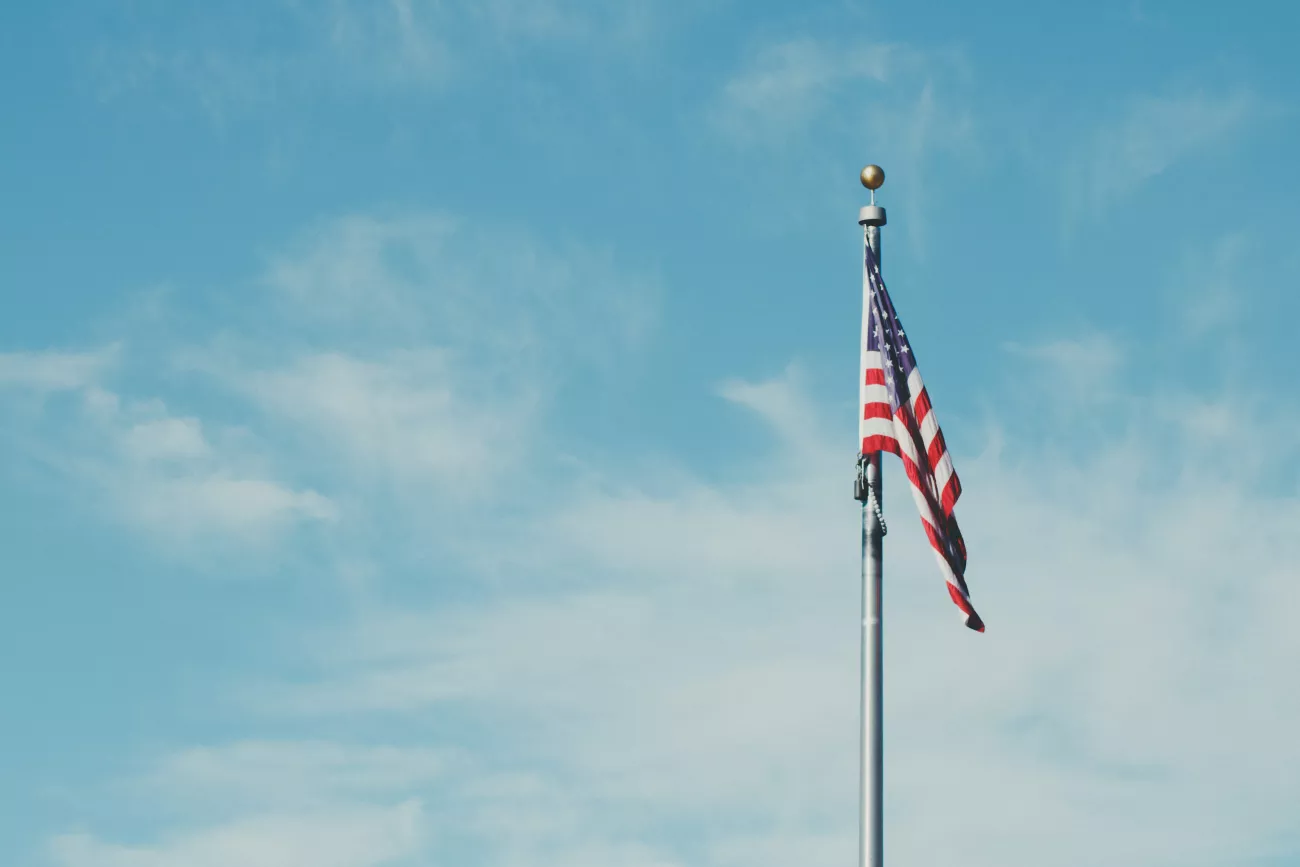Trump and Congress Pave the Way for Potential Delisting of Publicly Traded Chinese Companies from US Stock Exchanges

On December 18, President Trump signed into law the Holding Foreign Companies Accountable Act, which aims to increase oversight of Chinese companies listed on US stock exchanges and force the delisting of those that refuse to comply with US audit inspection requirements.
This bipartisan legislation was motivated by longstanding US frustrations over China precluding inspections of locally conducted audits of Chinese companies. The House of Representatives had passed the bill by voice vote on Wednesday, December 2, 2020, and the Senate had passed it by unanimous consent on May 20, 2020.
1. What does this new law do?
In our November 17 alert, we predicted the enactment of this legislation, which amends the Sarbanes-Oxley Act of 2002 and requires the US Securities and Exchange Commission (SEC) to take certain actions. These include identifying publicly traded foreign companies whose audit reports the Public Company Accounting Oversight Board (PCAOB) has been unable to fully inspect due to actions or policies of the foreign government. The PCAOB is a nonprofit watchdog that Congress established several years ago to protect investors, and it is overseen by the SEC. Its inspection requirement was created in the wake of the 2001 Enron Corp. accounting scandal to ensure that information provided by companies to the public is accurate and trustworthy.
The consequences of non-compliance with the new inspection requirements are significant: if the SEC finds that the foreign company has had three consecutive years of non-inspection, the SEC will have to prohibit the company’s securities from being traded on a US exchange; or “through any other method that is within the jurisdiction of the [SEC] to regulate, including through the method of trading that is commonly referred to as the ‘over-the-counter’ trading of securities.”
In short, failure to comply with the legislation’s inspection requirements means that large Chinese companies, such as Alibaba Group Holding Ltd., can be pushed off US stock exchanges within the next three years unless Chinese authorities change their position regarding these types of audit inspections. The companies identified by the SEC will also be required to disclose specific information, including whether they are owned or controlled by the government of their home country (i.e., the Chinese government), as well as whether the company’s board of directors includes any members of the Chinese Communist Party.
2. What prompted the legislation?
While this legislation may affect all foreign companies, Chinese companies are clearly the focus. The PCAOB has noted that the positions taken by Chinese authorities have impeded its “ability to conduct inspections of the audits of public companies with China-based operations.” The members of the PCAOB have also written in the past that they “remain concerned about [their] lack of access in China and will continue to pursue available options to support the interests of investors and the public interest through the preparation of informative, accurate, and independent audit reports.” While the PCAOB had previously negotiated a Memorandum of Understanding with the Chinese authorities for cooperation, “Chinese cooperation has not been sufficient for the PCAOB to obtain timely access to relevant documents and testimony necessary to carry out [its] mission[.]”
The bipartisan bill was introduced last March by US Senators Chris Van Hollen (D-Md.) and John Kennedy (R-La.). According to a statement by Senator Van Hollen, “for too long, investors have not been provided accurate or timely information from Chinese companies registered on US exchanges—costing Americans dearly.” In turn, Senator Kennedy stated that “[n]ow is the time for both chambers of Congress to ensure that firms beholden to Communist China finally let US regulators examine their books—to stop them from swindling American investors[.]”
Recent charges of accounting fraud, such as the one involving Luckin Coffee, illustrate why the PCAOB is so concerned. In June of this year, Luckin Coffee was delisted from the Nasdaq after allegedly fabricating as much as $310 million in sales. The Chinese coffee chain, which had aimed to become a rival to Starbucks, subsequently came under investigation by both US and Chinese authorities.
3. How is China likely to react?
The Atlantic Council has noted the risk that pushing Chinese companies out of US stock exchanges may reduce “Chinese technology’s sensitivity to US capital and investor sentiment, possibly leading to aggressive retaliation against US companies in emerging markets.” In turn, just prior to enactment of the legislation, Chinese Foreign Ministry spokeswoman Hua Chunying argued that the right way to resolve the audit dispute would be to strengthen cross-border regulatory cooperation, according to China Daily, the Chinese Communist Party’s propaganda outlet. While it remains to be seen whether the Biden Administration will adopt the same hardline approach to China that the Trump Administration has taken, it is possible that China will reconsider its refusal to allow audit inspections of Chinese companies. This recently enacted legislation certainly creates an added incentive for China to do so, if it wants its companies to continue to trade on US stock exchanges.
Contacts
- Related Industries
- Related Practices
